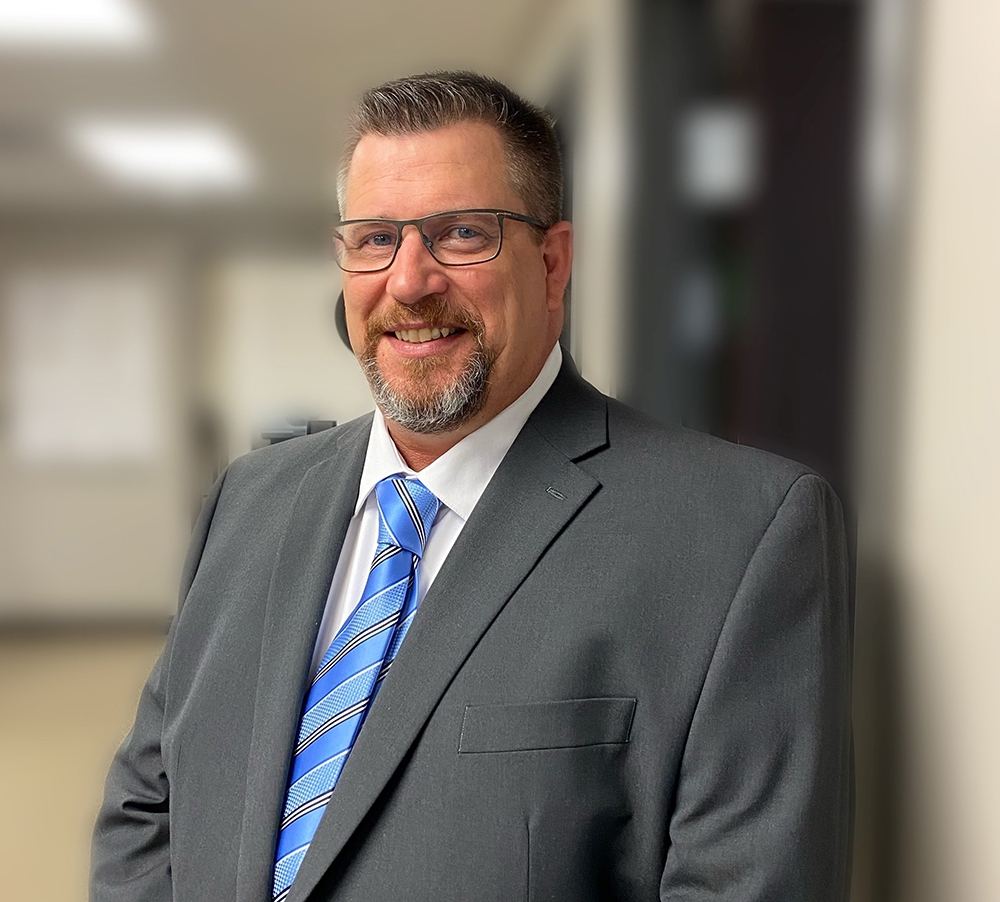Specifically Speaking with Jim Townzen, Security Risk Management Consultants Staff consultant and industry veteran discusses physical security technology assessments, designs, and more

By Cory Harris, Editor
Updated 10:39 AM CDT, Wed March 22, 2023

YARMOUTH, Maine—For Jim Townzen, PSP, CPP, it’s all about taking care of clients’ needs when it comes to physical security technology projects.
“I provide system design that supports the client's security goals and addresses any issue(s) that may have come from our risk/vulnerability and technology assessment,” Townzen told SSN.
Townzen has been in the security industry for over 28 years and been a consultant for eight years. He is currently a staff consultant for Security Risk Management Consultants (SRMC), a Columbus, Ohio-based certified woman-owned, independent security consulting organization that brings real-world experience and expertise to clients to provide holistic, high-quality, professional, and value-added solutions to complex security challenges.
As part of Security Systems News’ monthly column Specifically Speaking, the following is an exclusive Q&A with Townzen:
SSN: What kinds of systems do you design/specify and what services does the company provide?
TOWNZEN: My current role at Security Risk Management Consultants is a staff consultant focusing on physical security technology assessments and designs. I work with architects, engineers, and directly with end users to provide physical security technology assessments, designs, budgets, and construction administration for physical security technology projects.
Our systems design may include any or all of the following: access control, video surveillance, intercom, intrusion detection, computer aided dispatch, turnstiles, visitor management, and others. We are well known for our designs involving security operations centers.
Services that SRMC provides include domestic and international physical security vulnerability assessment, security program master planning and standards development, security technology master planning, security technology systems design, specification, cost-estimating, and acquisition/installation support, Crime Prevention Through Environmental Design (CPTED) principles review, public safety/security operations assessment and audit, including arming studies and Clery Act practices review, security guard force assessment, audit, RFP development and acquisition support. policy, procedure, and process assessment, development, implementation support, and audit, threat assessment team development, training, and support, crisis management plan development, emergency management and crisis response planning and training, workplace violence prevention assessment, program development, and training including active shooter, emergency management/workplace violence drills, special event and venue security planning & management, executive protection protocols assessment, program development and support, expert witness testimony, virtual security management (supporting in-house management and contract services in planning for and addressing emergent situations), interim director for public safety or security, security management recruitment support including organizational models, position descriptions, ad placements, candidate pre-screenings, and candidate selection.
SSN: What vertical markets does the company specialize in? Any interesting projects that you can mention?
TOWNZEN: Architecture and engineering (A&E) firms, cannabis, corporate, cultural properties, education, financial, healthcare, houses of worship, manufacturing, research & development, retail, state and local government, among others. Some interesting projects we are or have been involved in recently include the Sherwin-Williams headquarters and R&D facilities in Cleveland and Brecksville, Ohio, respectively, Norfolk Southern’s corporate headquarters in midtown Atlanta, the Harvard Treehouse Conference and Welcome Center on the university’s future Enterprise Research Campus in Allston, Mass., and the new City Hall in Franklin, Tenn.
SSN: How did you get started in security and designing/specifying?
TOWNZEN: I started working in the security industry as a service technician at a DoD site. I inspected and maintained security, video, and fire alarm systems so our client could meet its own client and insurance requirements. I went from service and inspections to operations, moving through the ranks from installer to project manager and eventually into an account management role for multiple high-profile clients. As an account manager, I performed all design and estimating for our clients. After 10 years of designing and estimating, my last position with a security integration firm was as an operations manager, managing over 35 team members, including installation, service, project management, and administrative staff.
SSN: Can you talk about what new or emerging technologies you are seeing or specifying today?
TOWNZEN: Several technologies are emerging today: biometrics, artificial intelligence (AI), and weapons detection. There are applications for all these technologies, but it is not a one-size-fits-all. What we do with our clients is understand what they are trying to accomplish and ensure that we are setting expectations with these technologies early on. For example, the legal aspect of biometrics and AI need to be taken into account, and most states have certain limitations on what data can be kept and for how long. Our goal is to educate the client to the best of our ability and raise these sensitive issues so that they can engage their legal department to ensure their organization complies.
Because of societal issues and the amount of violence we are seeing today, weapons detection has come to the forefront. Weapons detection comes in various technologies; physical devices at entryways that incorporate physical detection with AI to identify guns, or it can be AI at the camera level that notifies users via an application or a third-party agency.
Our clients are excited about these different types of technology, but we believe that some manufacturers need to do a better job of setting expectations from these different types of technology. For example, weapons detectors typically look for guns, not knives, razors, etc., so the words “weapons detector” are misleading. AI at the camera level will require a certain level of camera pixels per foot for the technology to work. Manufacturers do not want their products to perform poorly, so most are getting better at ensuring the client understands the limitations of the product. When doing so, it is a win-win situation for everyone involved.
SSN: What is your view on the industry moving forward?
TOWNZEN: The industry is moving forward faster with technology than we ever have, which is good, but we must ensure we understand the client’s issue before specifying or implementing new technology. As we move forward with AI and deep learning, as security professionals, we must be diligent about educating clients on any potential legal challenges they may face by implementing this technology. We do not want to discourage it, but instead ensure that those responsible for deciding on which technologies to implement in their organization not only approve of the technologies selected but also support the technology implementation and the written policies that go with the implementation process.
Comments